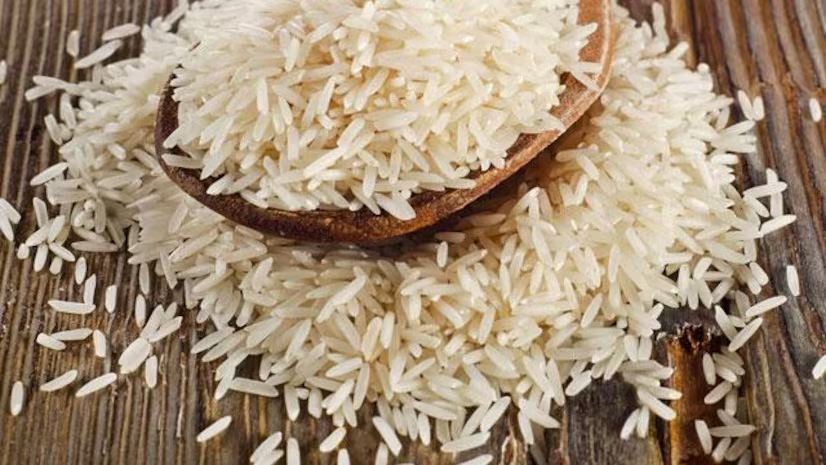Sri Lanka’s Consumer Affairs Authority (CAA) has initiated investigations at several rice mills in the Polonnaruwa district, collecting data on rice stocks following a spike in prices for controlled rice grades. According to media reports, CAA officials first visited Nipuna Rice, owned by former state minister Siripala Gamlath.
Gamlath stated that his company is selling rice at 219 rupees per kilo, just one rupee below the controlled price. This pricing translates to approximately 744 US dollars per metric tonne. He claims that the actual cost of production is 225 rupees per kilo, resulting in a loss of 6 rupees for every kilo sold.
The Food and Agriculture Organization (FAO) reported in September that the FOB price for India’s par-boiled rice (5% broken) stood at 534 US dollars per tonne, while Pakistan’s was at 540 US dollars per tonne. South Asian rice prices surged last year following an export tax and minimum export price set by India, although the country is anticipating a better harvest this season.
Sri Lanka has implemented import restrictions that allow oligopolies to form without sufficient competition. Currently, a 65 rupee per kilo tax (approximately 220 US dollars per tonne) on imported rice enables local farmers and millers to sell rice at significantly inflated prices.
Many rice millers in Sri Lanka have invested in environmentally controlled silos, allowing for longer storage of grain without damage. As of the latest central bank price report, Indian Ponni Samba is being wholesaled at 278 rupees in Colombo, equating to about 945 US dollars per tonne, given the current exchange rate of 295 rupees to the US dollar. Additionally, Thai jasmine rice was quoted at 910 US dollars per tonne by the Rice Exporters Association for September.
Sri Lanka’s rice farmers also benefit from subsidized fertilizer, funded by taxpayer contributions as part of a longstanding policy. The government recently raised the tax on potatoes to 60 rupees per kilo (about 200 US dollars per tonne) to boost profits for farmers, alongside increases on onion taxes to 30 rupees (over 100 dollars) and maize taxes, which contribute to elevated prices and rising production costs for meat and eggs.
In contrast to India and Pakistan, Sri Lankan farmers struggle to produce these agricultural products at a competitive quality or price suitable for export.


